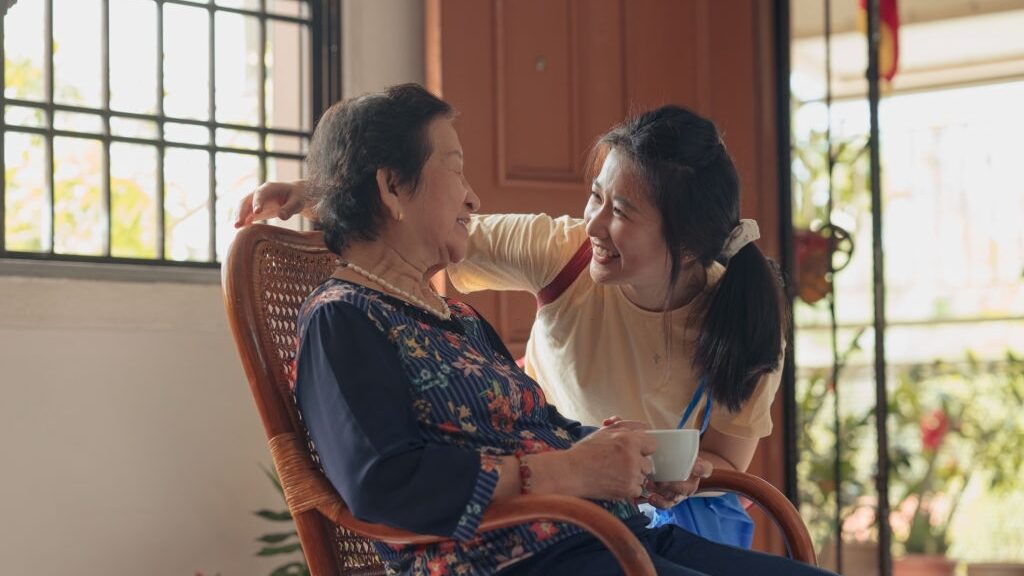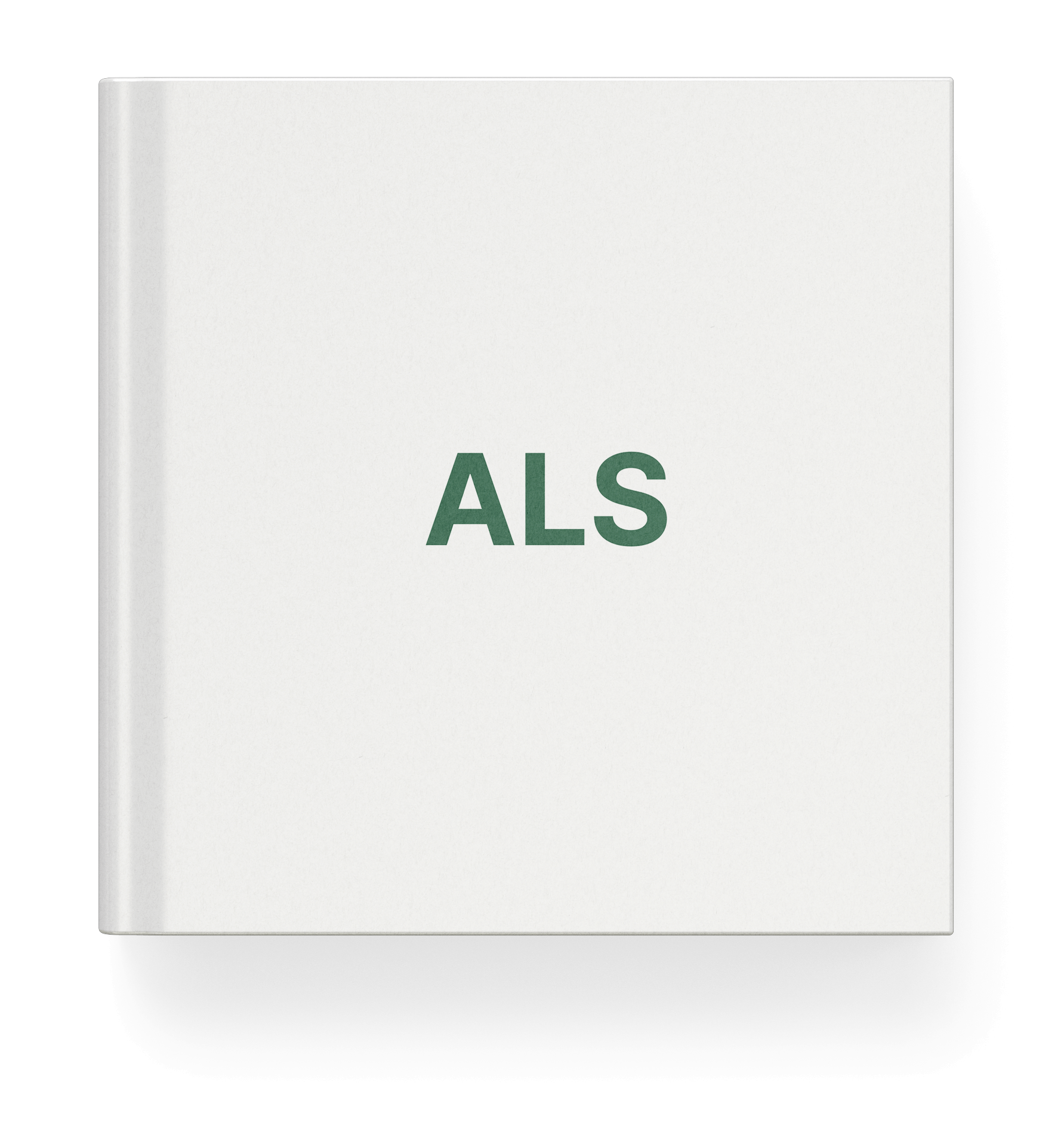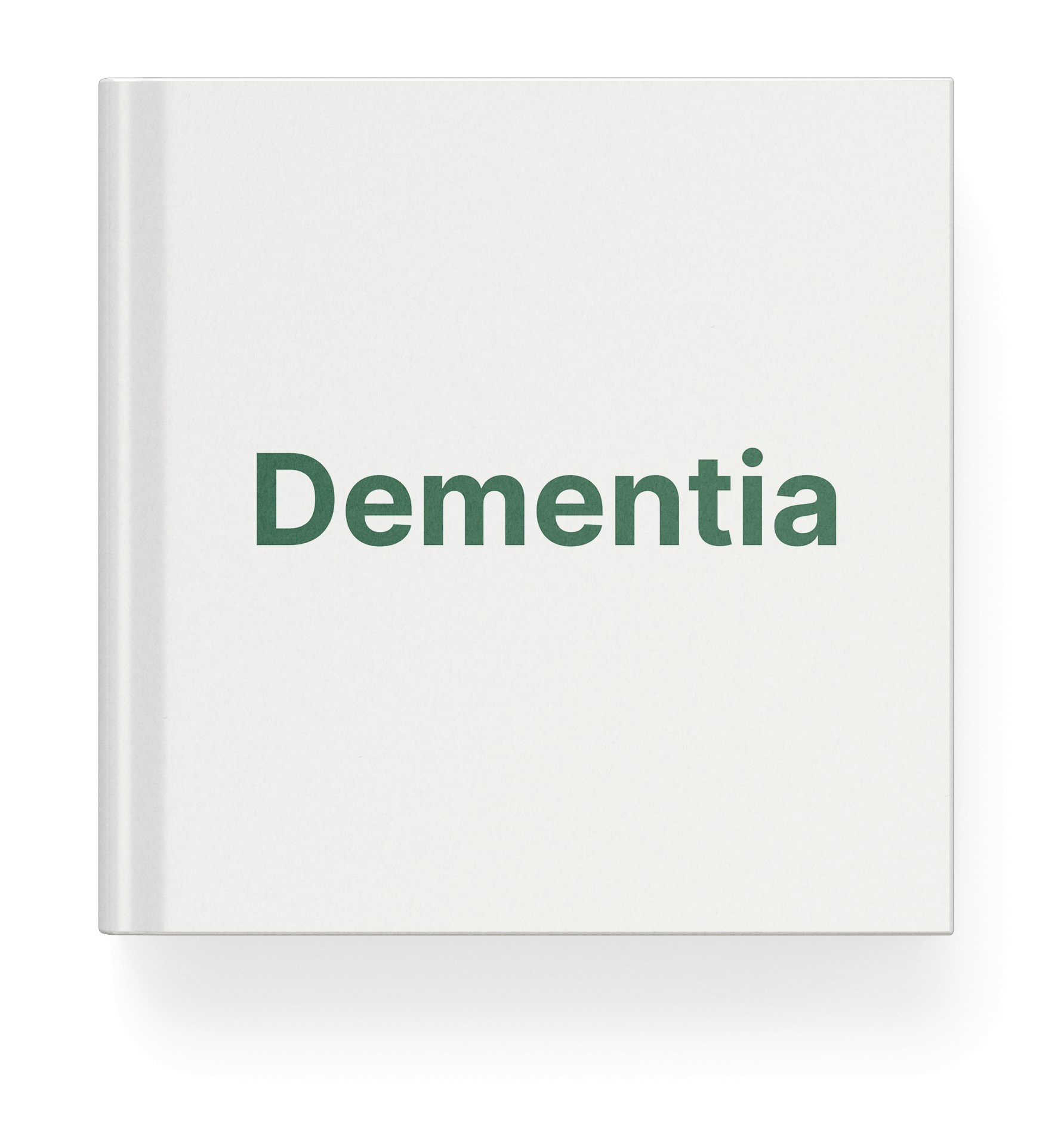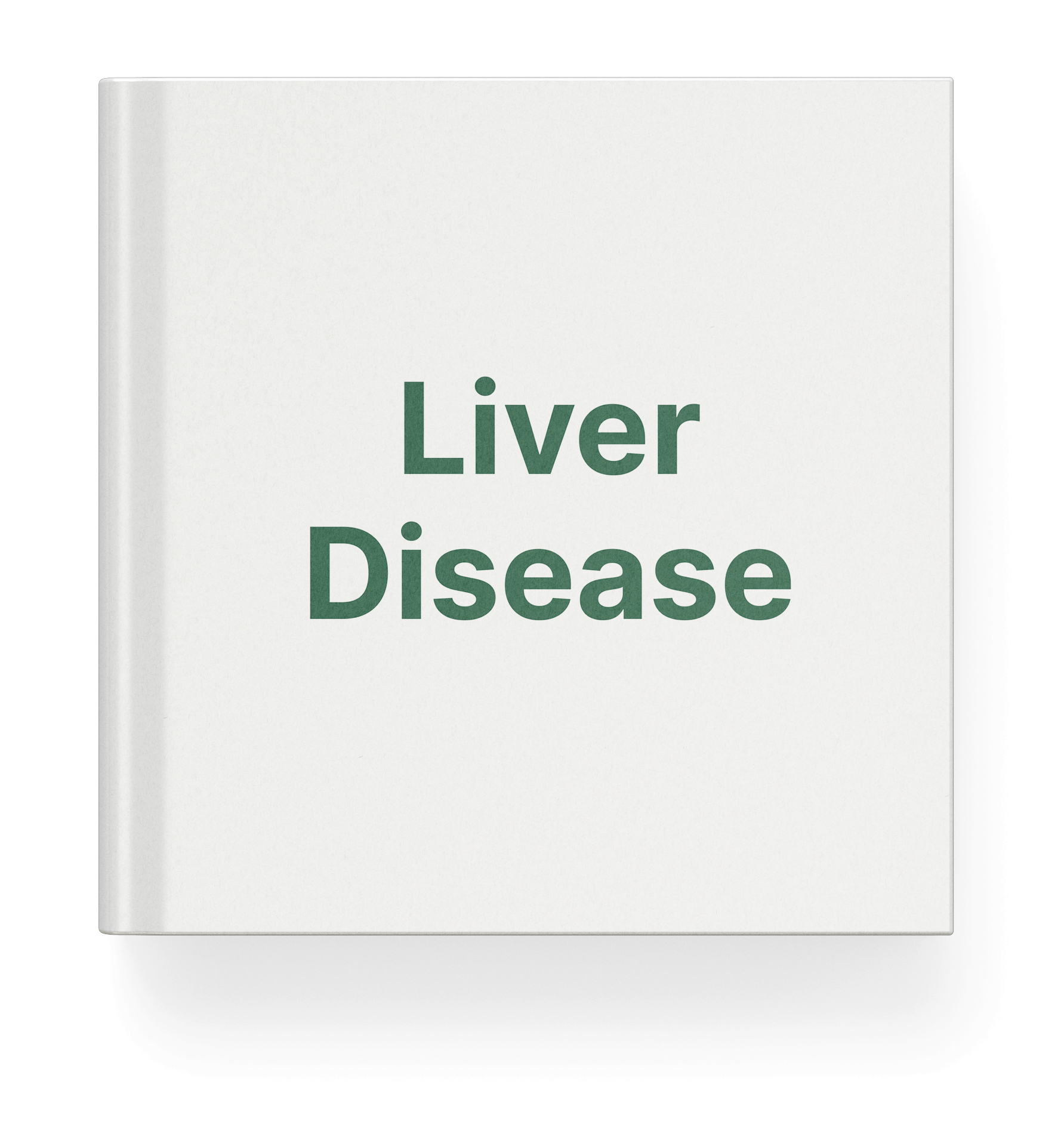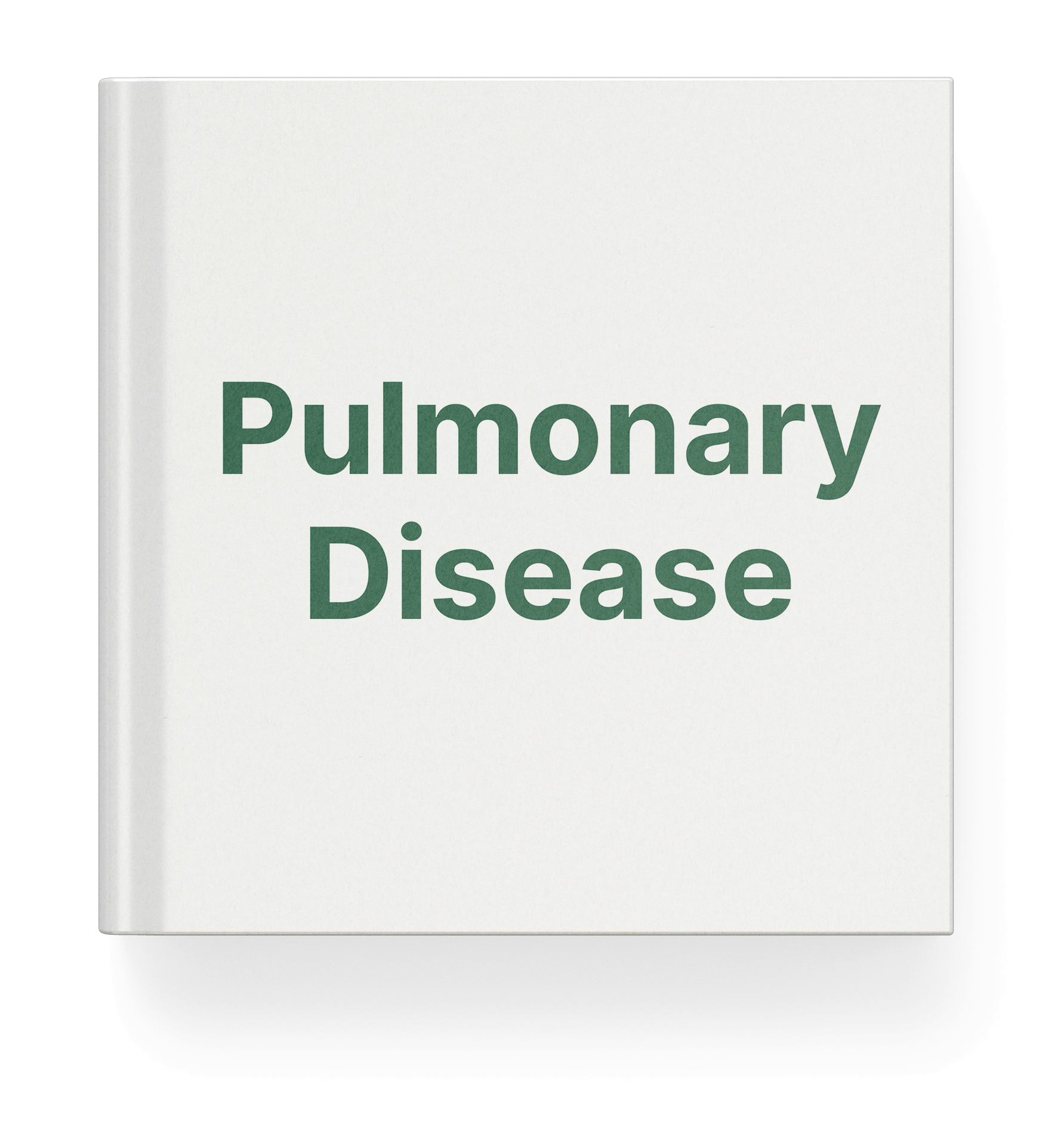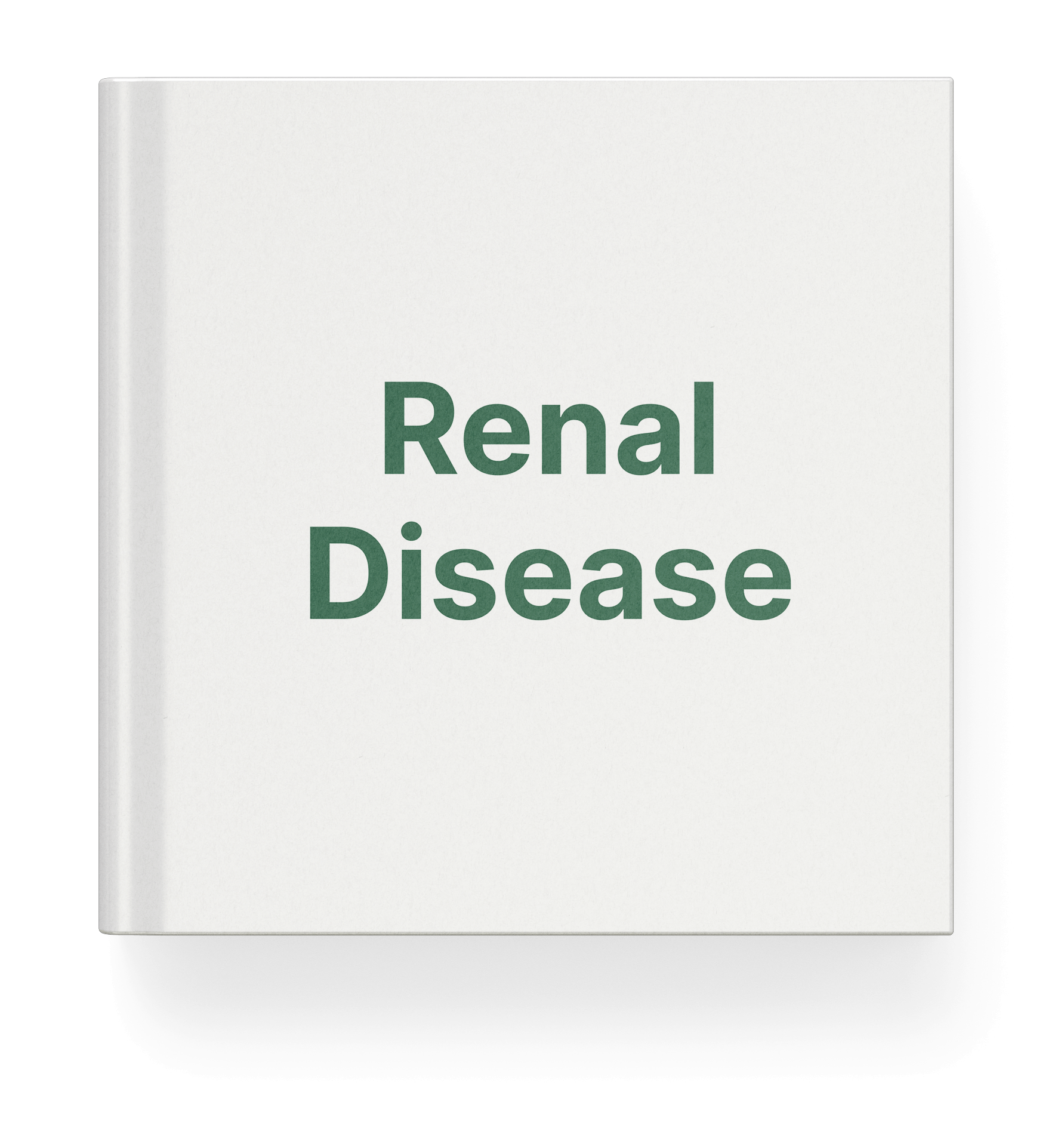Who Is Eligible for Hospice Care?
For a patient to be eligible for hospice, consider the following guidelines:
- The illness is terminal (a prognosis of ≤ 6 months) and the patient and/or family has elected palliative care.
- The patient has a declining functional status as determined by either:
- Palliative Performance Scale (PPS) rating of ≤ 50%-60%
- Dependence in 3 of 6 Activities of Daily Living (ADLs)
- The patient has alteration in nutritional status, e.g., > 10% loss of body weight over last 4-6 months
- The patient has an observable and documented deterioration in overall clinical condition in the past 4-6 months, as manifested by at least one of the following:
- ≥ 3 hospitalizations or ED visits
- Decrease in tolerance to physical activity
- Decrease in cognitive ability
- Other comorbid conditions
These guidelines—provided as a convenient tool and not as a replacement for a physician’s professional judgment—help physicians determine when their patients meet clinical guidelines for hospice eligibility for life-limiting illnesses.

An essential tool for assessing the functional status of patients with serious illnesses.
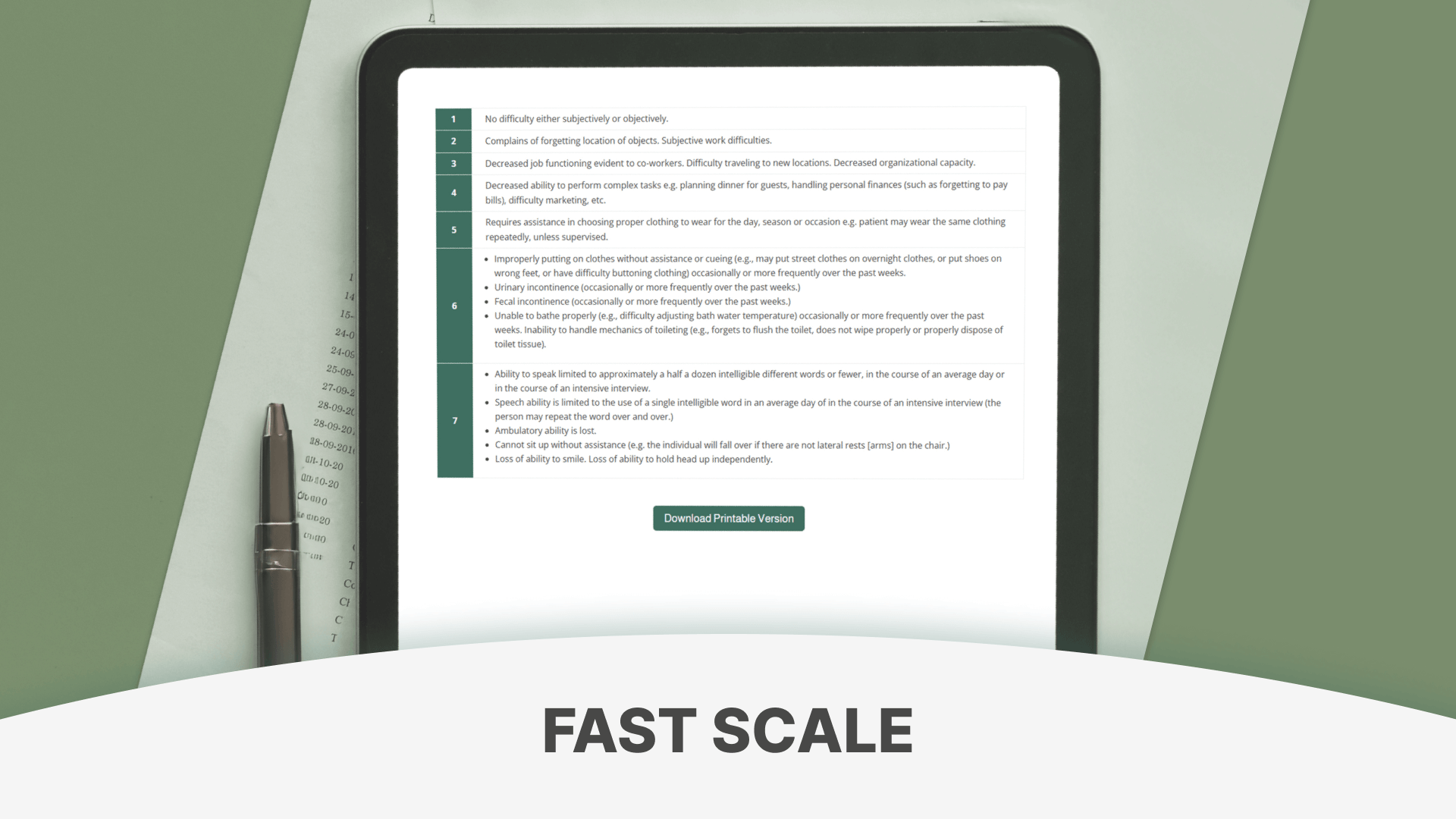
A critical tool for evaluating the progression of Alzheimer’s disease and related dementias.
It is never too early to discuss hospice. A useful starting point is to ask yourself:
Would I be surprised if this patient died within the next 6 months?
Recommended phrasing:
“I think the best way to help you stay at home, avoid the hospital, and stay as fit as possible for whatever time you
have left is to receive hospice care at your home.”
How to Start the Difficult Discussion
These four question can help get the discussion started to determine if the patient and family are ready to accept hospice care:
“What have you been told about the status of your illness and what the future holds?”
“Has anyone talked to you about your prognosis; how much time you likely have?”
“Are there plans for new treatments designed to help you extend your life?”
“Has anyone discussed with you hospice services? What do you know about Hospice?
Discussion to Discharge in 5 Steps
Assess eligibility: Is the patient’s prognosis 6 months or less if their disease runs its expected course, and are the patient’s care goals compatible with hospice. No palliative consult is required for a hospice referral.
Does the patient want medical treatments and other support aimed at alleviating symptoms and maintaining quality of life, without seeking curative treatments?
Discuss the core aspects of Big Bend Hospice’s care. Hospice treats the patient, not the disease. The focus is on care, not cure. The patient’s medical, social, emotional and spiritual needs are addressed by a team of hospice professionals and volunteers.
Make a referral:
You can call Big Bend Hospice at 850-878-5310 or click below.
Following ER discharge, communicate the hospice care plan & provide contact information for Big Bend Hospice, 850-878-5310, to the patient. If the patient can be cared for at home safely for 1-2 days without extra services, send them home with appropriate prescriptions and care instructions. In most cases, patients can be visited by BBH within 24-48 hours, even on weekends.
Hospice care is covered by Medicare, Medicaid, and most private insurances. Thanks to community support, no one is refused service by Big Bend Hospice due to inability to pay.
Disease-Specific Guidelines for Hospice Eligibility
These guides are intended to help clinicians determine if hospice is appropriate for each disease listed. We have included the diagnoses we see most commonly as well as co-morbidities to consider.
ALS
Cancer
Dementia
Heart Disease
Liver Disease
Parkinsons
Pulmonary Disease
Renal Disease
Stroke/Coma
Disease-Specific Guidelines for Hospice Eligibility
These guides are intended to help clinicians determine if hospice is appropriate for each disease listed. We have included the diagnoses we see most commonly as well as co-morbidities to consider.
If your patient does not qualify for hospice care, they may still qualify for palliative care.
